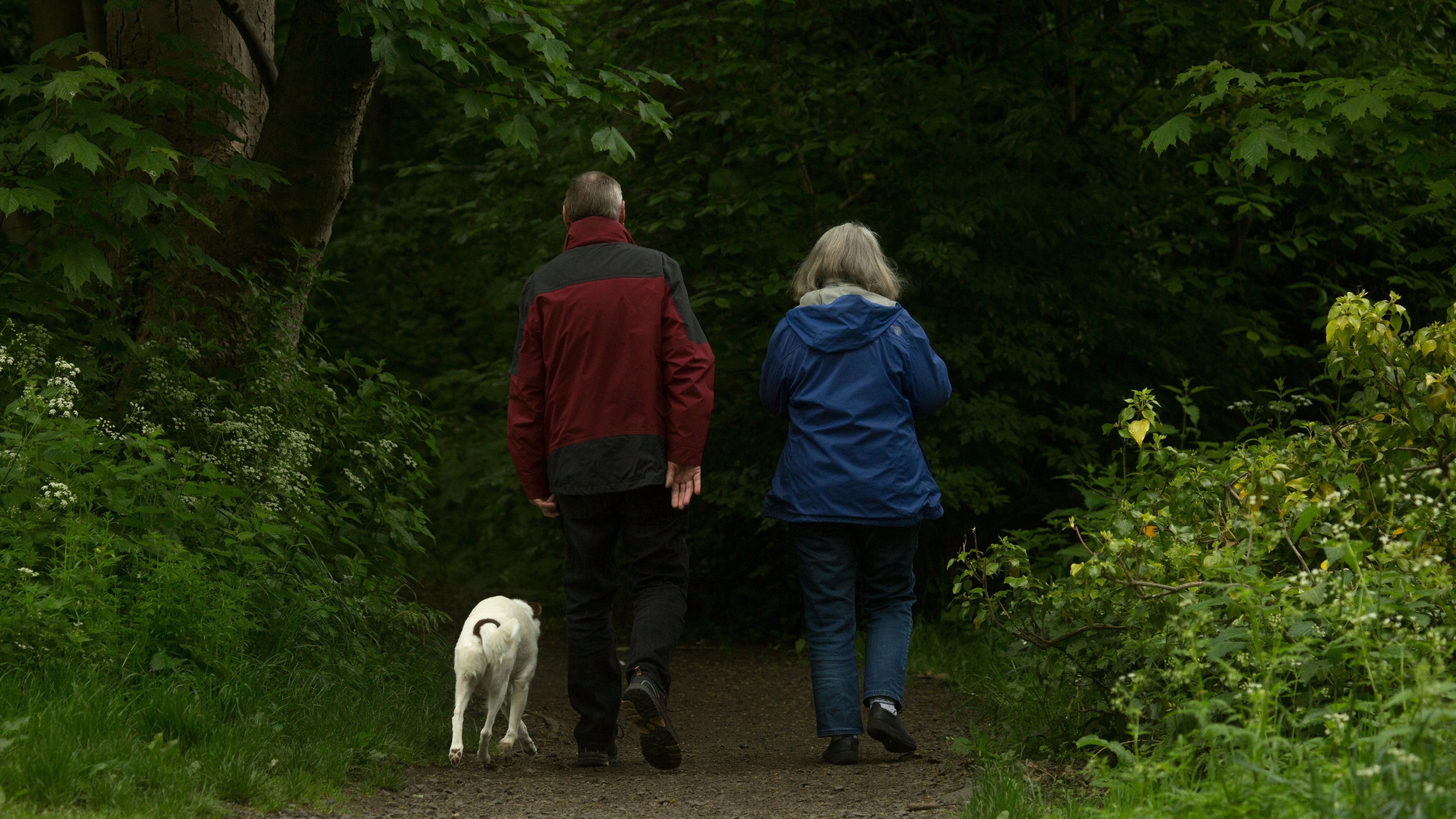
Melatonin and Its Role in the Body
Melatonin is a hormone primarily produced by the pineal gland in the brain, playing a pivotal role in regulating the sleep-wake cycle, or circadian rhythm, which operates on an approximately 24-hour cycle. This internal clock dictates when you feel sleepy and alert. Melatonin levels typically rise in the evening, signaling to your body that it’s time to wind down, and decrease in the morning, promoting wakefulness. The production is triggered by light exposure: darkness stimulates melatonin, while light suppresses it.
Beyond sleep, melatonin influences other bodily functions. It interacts with the hypothalamus to regulate body temperature, blood pressure, and mood, preparing you for rest. It also affects the retinas, reducing their sensitivity to light at night. Melatonin supports reproductive health by influencing menstrual cycles and may have antioxidant properties that protect cells, potentially reducing the risk of neurodegenerative diseases like dementia (Cleveland Clinic). As melatonin production naturally declines with age, many experience sleep challenges, making natural boosting methods valuable.
Why Increase Melatonin Naturally?
While melatonin supplements are popular, natural methods are often preferred for their sustainability and minimal side effects. Supplements may cause daytime drowsiness, headaches, or nausea, and synthetic versions aren’t FDA-regulated, with animal-derived options risking contamination (Medical News Today). Natural approaches align with your body’s rhythms, promoting overall health through habits like outdoor activity and balanced nutrition. These methods are generally safe for most people, though those with medical conditions should consult a healthcare provider.
Natural Ways to Increase Melatonin
Research suggests several evidence-based strategies to enhance melatonin production naturally, focusing on light exposure, lifestyle adjustments, diet, and sleep timing. Below, we detail these methods with practical steps.
1. Optimize Light Exposure
Light is the most significant regulator of melatonin production, as the circadian rhythm relies on light-dark contrasts. Proper light management can significantly enhance melatonin levels.
- Morning Sunlight: Expose yourself to natural light within an hour of waking for at least 10 minutes; 15-20 minutes if it’s overcast or you’re near a window. In low-light conditions, a 10,000-lux light therapy lamp for 30 minutes, positioned 16-24 inches from your face, can help (Rise Science).
- Daytime Light: Spend 1-2 hours outdoors daily, or work near a window. Early evening light (6:30 p.m.–9 p.m.) may reduce later melatonin suppression (Rise Science).
- Avoid Bright Light Before Bed: Dim household lights 90 minutes before bedtime. Use blue light filters on devices (e.g., f.lux app) or wear blue-light-blocking glasses. A 2019 study showed 2 hours of blue light exposure suppresses melatonin (Medical News Today).
- Darken Your Sleep Environment: Use blackout curtains, eye masks, and cover light-emitting electronics. For nighttime awakenings, use a red light, which is less disruptive (Rise Science).
2. Lifestyle Adjustments
Certain habits can either support or hinder melatonin production. Adjusting these can enhance your body’s natural levels.
- Avoid Alcohol: Alcohol can reduce melatonin by 15-19% after a moderate dose (3 drinks for men, 2.5 for women at 154 lbs) and disrupt sleep. Avoid it 3-4 hours before bed (Rise Science).
- Avoid Caffeine: Caffeine may reduce sleep time by up to 45 minutes, potentially affecting melatonin. Avoid it 12 hours before bedtime (Rise Science).
- Take a Warm Bath: A warm bath before bed lowers cortisol, allowing melatonin to rise, promoting relaxation (Medical News Today).
3. Dietary Choices
Diet plays a secondary role but can support melatonin production through foods high in melatonin or tryptophan, a precursor to serotonin, which converts to melatonin.
- Foods High in Melatonin:
- Tart Cherries: Increase melatonin and enhance sleep; whole cherries are healthier than juice (WebMD).
- Goji Berries: High in melatonin, may improve sleep and have anti-aging benefits (WebMD).
- Eggs: A top animal source, also rich in protein (WebMD).
- Milk: Contains melatonin, a traditional insomnia remedy (WebMD).
- Oily Fish: Salmon and sardines are better sources than other meats, offering omega-3s (WebMD).
- Nuts: Pistachios and almonds are high in melatonin, with antioxidants (WebMD).
- Tryptophan-Rich Foods:
- Turkey and poultry
- Cheese
- Tofu
- Nuts and seeds
- Bananas
- Oats
- Chocolate
No dietary allowance exists for melatonin, and food impacts are minor compared to light exposure, but a balanced diet supports sleep health (WebMD).
4. Timing Your Sleep
Your body has a “melatonin window” when production peaks, typically starting 2 hours before your usual bedtime (dim light melatonin onset, or DLMO). For example, if you sleep at 10 p.m., this window is around 8–9 p.m. Going to bed during this time can ease falling asleep. Experiment with bedtimes to find when you feel sleepiest, or use sleep trackers to estimate this window (Rise Science).
Method Details Timing/Quantity Morning Sunlight Get natural light to regulate circadian rhythm. 10-20 minutes Daytime Light Spend time outdoors or near windows. 1-2 hours daily Avoid Bright Light Before Bed Dim lights, use blue light filters or glasses. 90 minutes before bed Darken Sleep Environment Use blackout curtains, eye masks, red lights. At bedtime Avoid Alcohol Minimize sleep disruptions. 3-4 hours before bed Avoid Caffeine Prevent melatonin suppression. 12 hours before bed Warm Bath Lower cortisol to boost melatonin. Before bedtime Melatonin-Rich Foods Eat tart cherries, goji berries, eggs, milk, fish, nuts. Throughout the day Tryptophan-Rich Foods Consume turkey, cheese, tofu, bananas, oats, chocolate. Throughout the day Sleep During Melatonin Window Go to bed when melatonin peaks. ~2 hours before usual bedtime
Helpful Tips to Improve Sleep
Complement melatonin-boosting strategies with these sleep hygiene practices for optimal rest:
- Regular Sleep Schedule: Go to bed and wake up at the same time daily, including weekends (Johns Hopkins Medicine).
- Relaxing Bedtime Routine: Read, meditate, or take a warm bath. Avoid screens emitting blue light.
- Sleep-Friendly Bedroom: Keep it cool (60-67°F), dark, and quiet, with a comfortable mattress.
- Limit Naps: Keep naps short (20-30 minutes) and early in the afternoon.
- Regular Exercise: Physical activity improves sleep, but avoid vigorous exercise near bedtime.
- Stress Management: Use deep breathing, yoga, or journaling to lower cortisol.
Who Can Benefit?
These methods may help those with mild sleep issues, shift workers, travelers with jet lag, or older adults with declining melatonin levels. However, individual results vary, and those with sleep disorders should consult a healthcare provider to address underlying issues.
Conclusion
Increasing melatonin naturally offers a safe, sustainable way to improve sleep quality and support overall health. By optimizing light exposure, adjusting lifestyle habits, choosing melatonin-rich foods, and timing sleep appropriately, you can enhance your body’s production of this vital hormone. Coupled with good sleep hygiene, these strategies provide a holistic approach to better rest. Consistency is key—small changes can yield significant results over time. If sleep problems persist, seek medical advice to explore potential underlying conditions.
Michael Thompson
Editorial team member at Sleep Now

